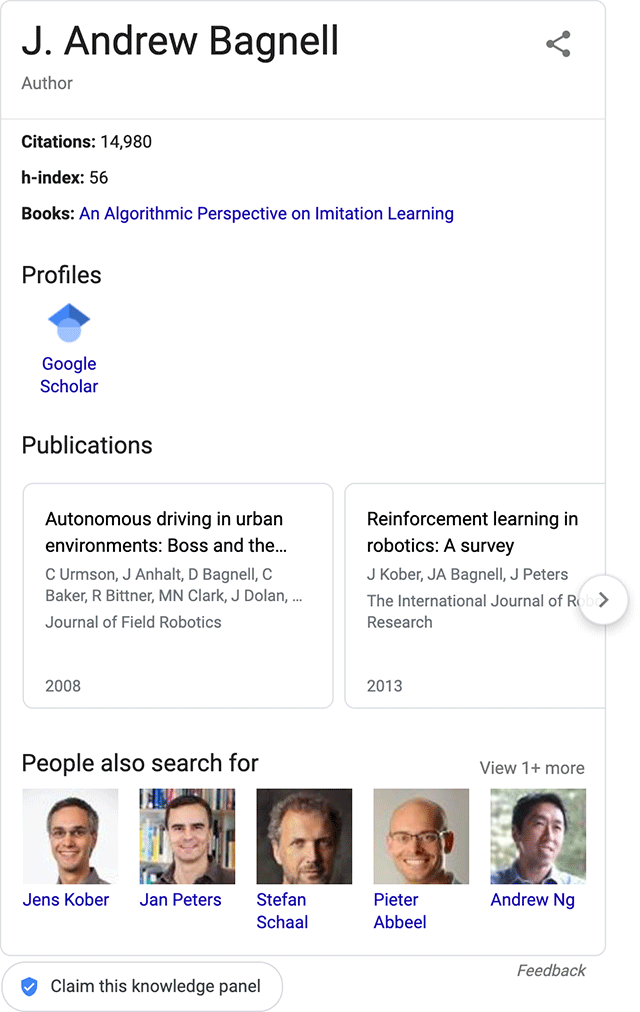Google’s talks Structured Data and FAQ Rich Results

Many are wondering if FAQ structured data is still an important factor in producing rich results. In response, Google’s John Mueller has shed a little light on the fine tuning process for search results.
Asked recently about the status and functionality of the FAQ structured data for producing rich results, Google’s very own Senior Webmaster Trends Analyst confirmed it did and went on to explain a little about the fine tuning process, not only for rich results but also for wider search results.
FAQ Structured Data
Structured data is considered mark-up, like HTML it tells Google information about a web page in a detailed and organised way, a way that can then be used to show rich results.
Rich results or featured results are highly prized due to their size and prominence at the very top of search results.
FAQ rich results don’t just dominate search results; they are highly sought for another reason.
- Their ability to remove competitors from pages one’s top ten results, meaning fewer results on the page and the added bonus of demoting competitors to the second page of search results.
For companies, that’s a powerful tool but does FAQ Structured Data still work?
John Mueller was asked exactly that in a recent Google office-hours hangout.
He had this to say in response:
“I assume this means the FAQ structured data. …From what I know that continues to exist and continues to work.”
Mueller had more to say about the adjustments Google makes to rich results, presumably to meet and exceed benchmarks and reach the best standards of user satisfaction within its search results.
John explained further:
“What usually tends to happen with some of these structured data types or rich results types is that over time we try to fine tune how often we show them just to make sure we’re not overloading the search results with all of this… bling and extra functionality; that just confuses people in the end.
So what often happens is when we start a new type of rich results people will kind of reluctantly try it out and if it works well then everyone tries it out.
And then suddenly the search results page is totally overloaded with this type of structured data.”
Interestingly John also touched upon Google’s systems joining forces with engineers in their attempts to refine search results.
He followed up by adding:
“…Then our systems and our engineers work to kind of fine tune that a little bit so that we continue to use that structured data.
We just don’t show it for all sites all the time.
- Which kind of makes sense, similar to how we tune the snippets that we show for websites and tune the rankings and tune search results overall.
So that’s something where from at least as far as I know I don’t think we’ve turned off any of the FAQ rich results types.”
Fine Tuned Search Results
Interestingly, during this same office-hours hangout, Mueller was told by a number of people that changes they had made to their websites had meant a negative knock-on effect for their ranking outcomes.
His response was to reiterate that Google is constantly making the changes needed to fine tune search results, downplaying concerns that any changes made to sites would automatically impact search results in a negative way.
Compared to the time when they were first introduced, Google is showing fewer FAQ rich results today.
John Mueller’s explanation for this scarcity of FAQ rich results touched upon Google “fine tuning” those results, a context that many found interesting.
In the ongoing effort to understand some of the changes Google make to search engine results pages (SERPS), it might be useful to consider whether fine tuning could be the reason for those changes.
- If that’s the case then why?
The answer almost certainly lies in Google’s mission to satisfy users by displaying as many answers on a webpage as possible and improving the user experience.





Comments